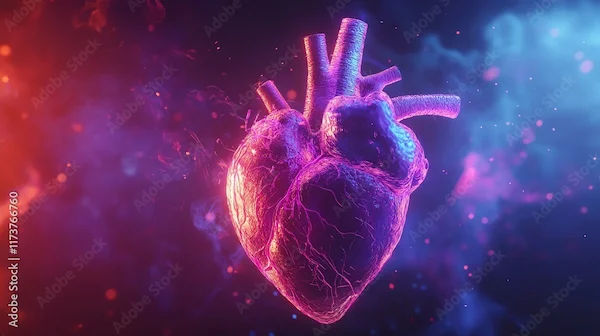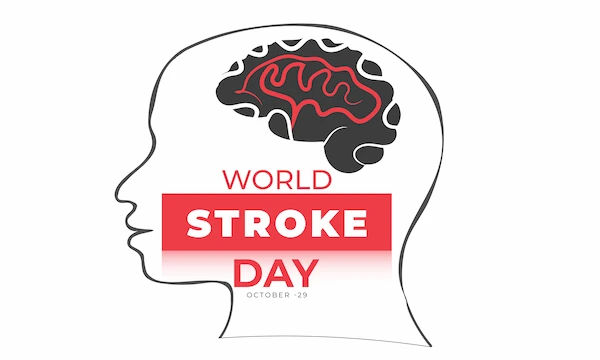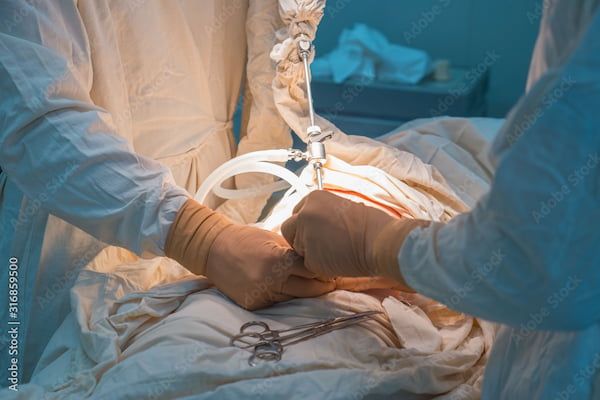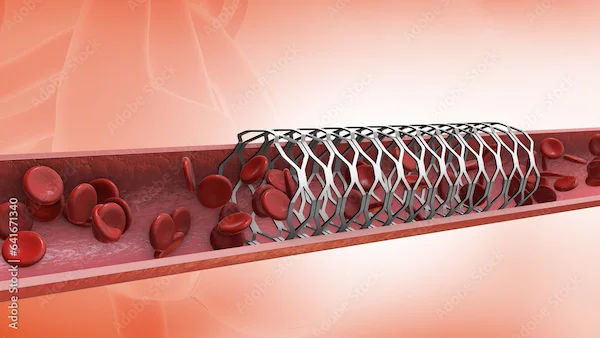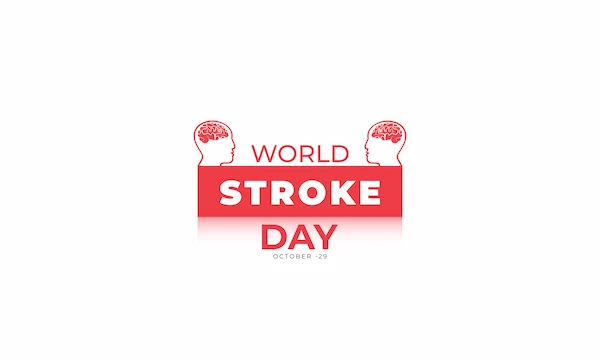Heart Attack vs Stroke: Key Differences
Understand the key differences between a heart attack and a stroke, including causes, symptoms, affected organs, and emergency treatments to recognise and respond quickly.

Written by Dr. Siri Nallapu
Reviewed by Dr. Shaik Abdul Kalam MD (Physician)
Last updated on 20th Aug, 2025

When it comes to heart attacks and strokes, many people confuse the two or assume they are the same. While both are serious medical emergencies that require immediate attention, they affect different parts of the body and have distinct causes, symptoms, and treatments. Understanding these differences can help you recognise the warning signs early and seek timely medical help, potentially saving a life—maybe even your own.
What Is a Heart Attack?
A heart attack (also called a myocardial infarction) occurs when the blood flow to a part of the heart is blocked, usually by a blood clot or plaque buildup in the coronary arteries. Without oxygen-rich blood, the heart muscle begins to die, leading to permanent damage if not treated quickly.
Common Symptoms of a Heart Attack
Chest pain or discomfort (often described as pressure, squeezing, or heaviness)
Pain spreading to the arms, neck, jaw, back, or stomach
Shortness of breath
Cold sweat, nausea, or dizziness
Fatigue or sudden weakness
Note: Some people, especially women, may experience less typical symptoms like indigestion, extreme fatigue, or pain in the upper abdomen.
What Is a Stroke?
A stroke happens when blood flow to a part of the brain is interrupted, either due to a blocked artery (ischemic stroke) or a burst blood vessel (hemorrhagic stroke). Brain cells begin to die within minutes, leading to potential long-term disability or even death if not treated promptly.
Common Symptoms of a Stroke (Remember "FAST")
Face drooping (one side of the face becomes numb or droops)
Arm weakness (one arm may feel weak or numb)
Speech difficulty (slurred speech or trouble understanding words)
Time to call emergency services (every second counts!)
Other symptoms may include:
Sudden severe headache
Confusion or trouble seeing in one or both eyes
Loss of balance or coordination
Key Differences Between a Heart Attack and a Stroke
| Feature | Heart Attack | Stroke |
| Affected Organ | Heart | Brain |
| Main Cause | Blocked coronary artery | Blocked or ruptured artery in the brain |
| Primary Symptoms | Chest pain, arm or jaw pain, sweating | Face drooping, arm weakness, speech difficulties |
| Emergency Action | Call emergency medical services immediately | Call emergency medical services immediately |
Who Is at Risk?
Heart Attack Risk Factors
High blood pressure
High cholesterol
Smoking
Diabetes
Obesity
Family history of heart disease
Sedentary lifestyle
Consult Top Specialists
Stroke Risk Factors
High blood pressure (biggest risk)
Atrial fibrillation (irregular heartbeat)
Smoking
Diabetes
High cholesterol
Obesity
Previous stroke or mini-stroke (TIA)
How to Prevent Heart Attacks and Strokes?
Many risk factors for both conditions overlap, so adopting a heart-healthy lifestyle can reduce your chances of both:
1. Eat a Balanced Diet
More fruits, vegetables, whole grains, and lean proteins
Less salt, sugar, and saturated fats
2. Stay Active
Aim for at least 30 minutes of moderate exercise (walking, swimming, cycling) most days.
3. Quit Smoking & Limit Alcohol
Smoking damages blood vessels—quitting reduces risk significantly.
Excessive alcohol raises blood pressure—moderation is key.
4. Manage Chronic Conditions
Keep blood pressure, cholesterol, and diabetes under control with regular check-ups.
5. Know the Warning Signs
Acting fast can save lives—don’t ignore symptoms!
When to Seek Emergency Help?
If you or someone around you experiences:
Sudden chest pain (heart attack)
Face drooping, arm weakness, speech trouble (stroke)
Call emergency services immediately. Do not wait—early treatment improves survival and recovery chances.
Conclusion
While heart attacks and strokes are different, both are life-threatening and require urgent medical care. By understanding the symptoms and risk factors, you can take steps to protect yourself and your loved ones. Prevention is always better than cure, so make healthy lifestyle choices today to safeguard your heart and brain.
If you have concerns about your heart or stroke risk, consult a doctor for personalised advice. You can easily book a consultation or health check-up through Apollo 24|7 to stay on top of your health.
Consult Top Specialists
Consult Top Specialists

Dr. Anand Ravi
General Physician
2 Years • MBBS
Bengaluru
PRESTIGE SHANTHINIKETAN - SOCIETY CLINIC, Bengaluru

Dr. Bhukya Pavan Kalyan
General Physician
5 Years • MBBS DNB Paediatrics
Bengaluru
PRESTIGE SHANTHINIKETAN - SOCIETY CLINIC, Bengaluru

Dr. Tripti Deb
Cardiologist
40 Years • MBBS, MD, DM, FACC, FESC
Hyderabad
Apollo Hospitals Jubilee Hills, Hyderabad
Dr Moytree Baruah
Cardiologist
10 Years • MBBS, PGDCC
Guwahati
Apollo Clinic Guwahati, Assam, Guwahati

Dr. Zulkarnain
General Physician
2 Years • MBBS, PGDM, FFM
Bengaluru
PRESTIGE SHANTHINIKETAN - SOCIETY CLINIC, Bengaluru
